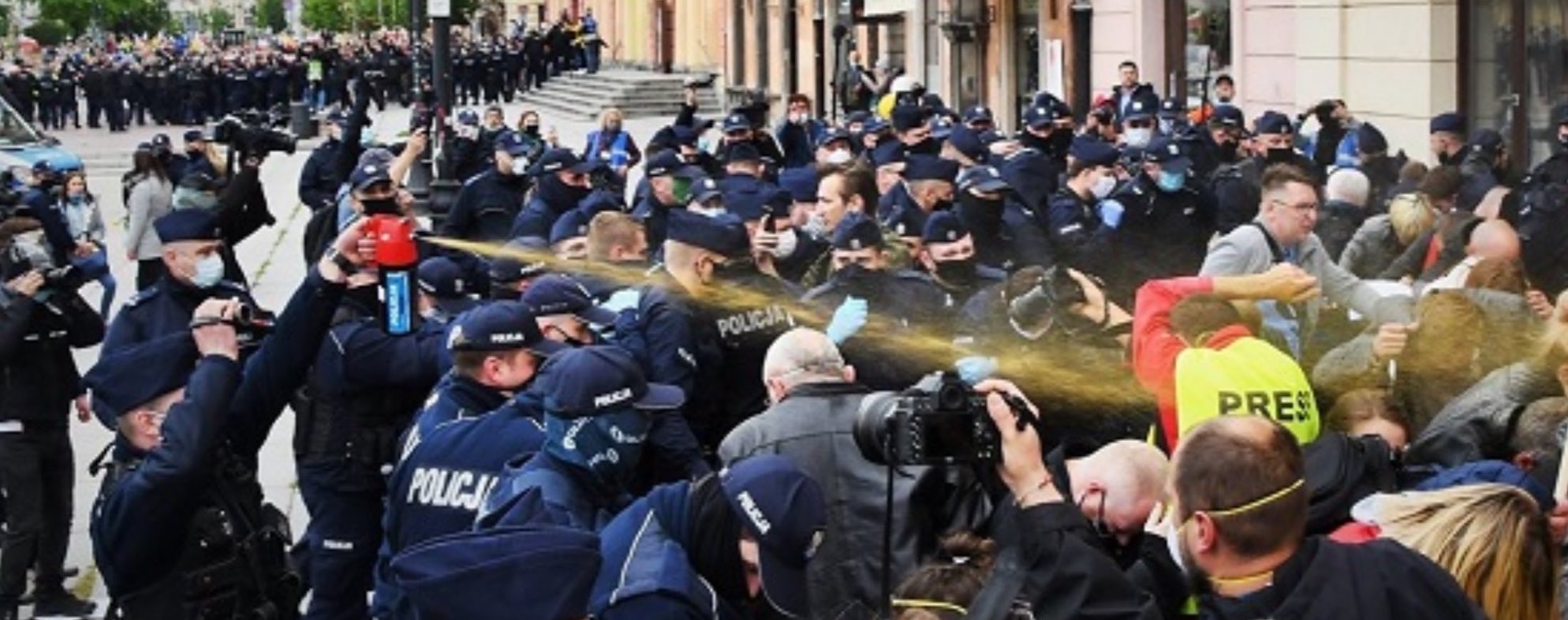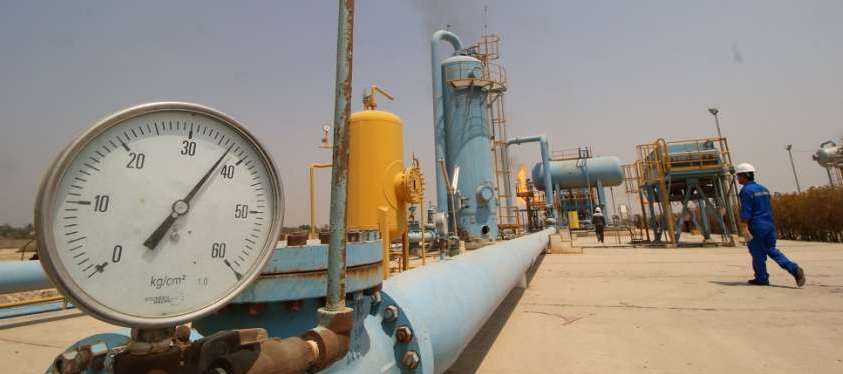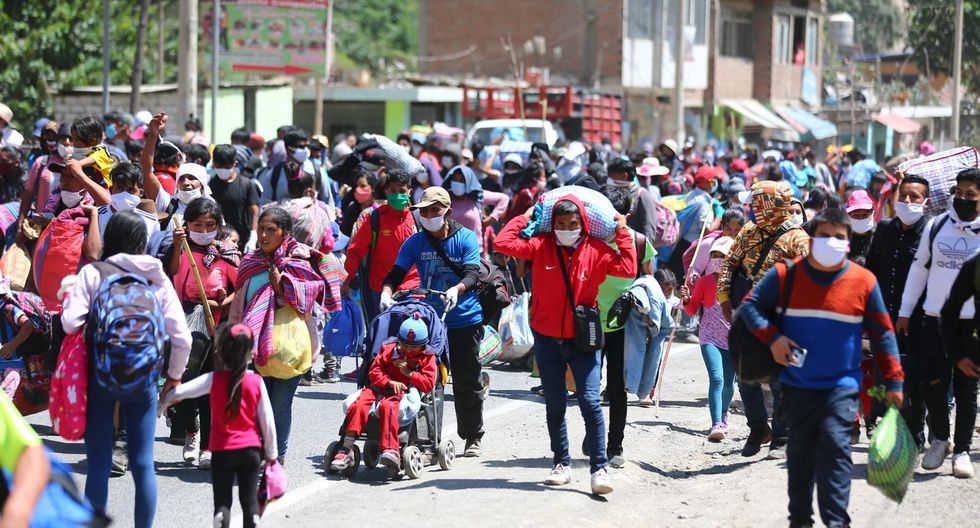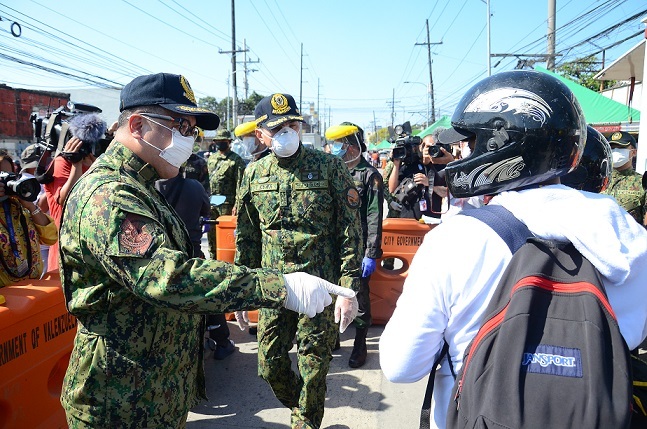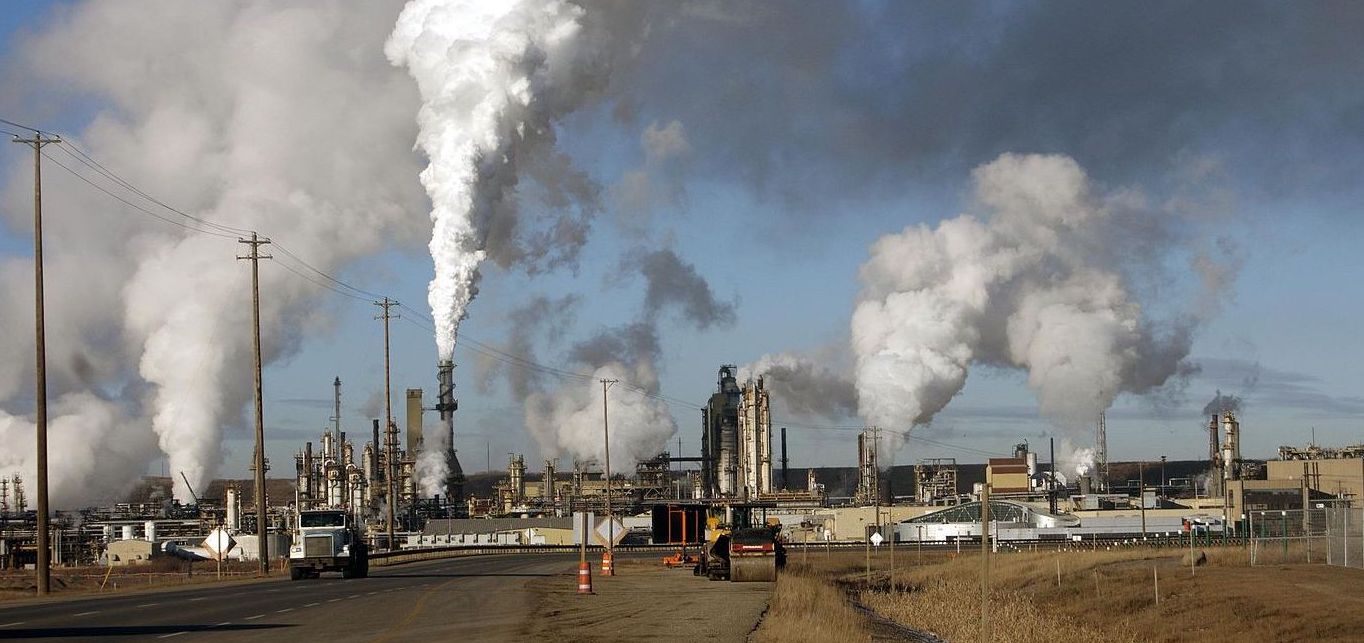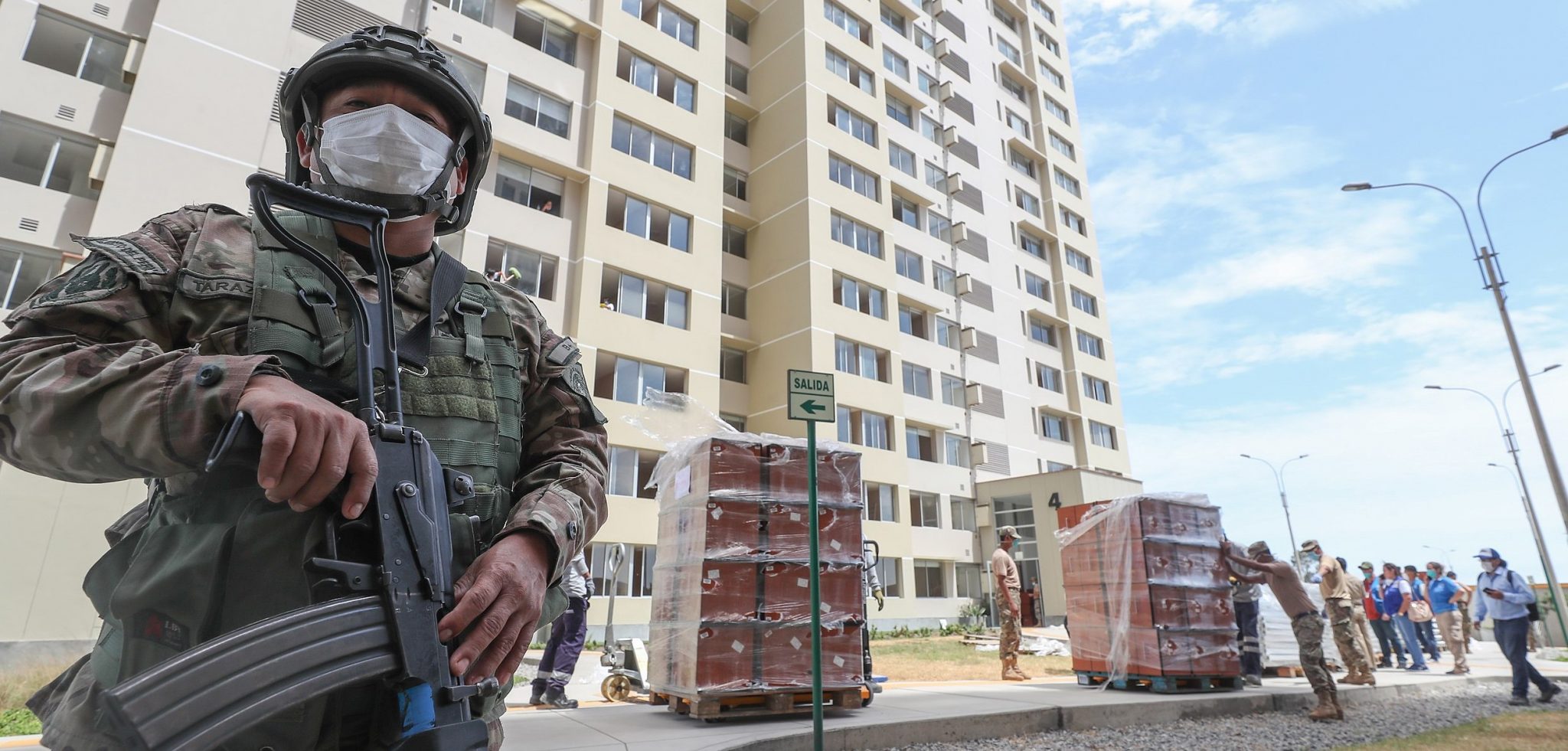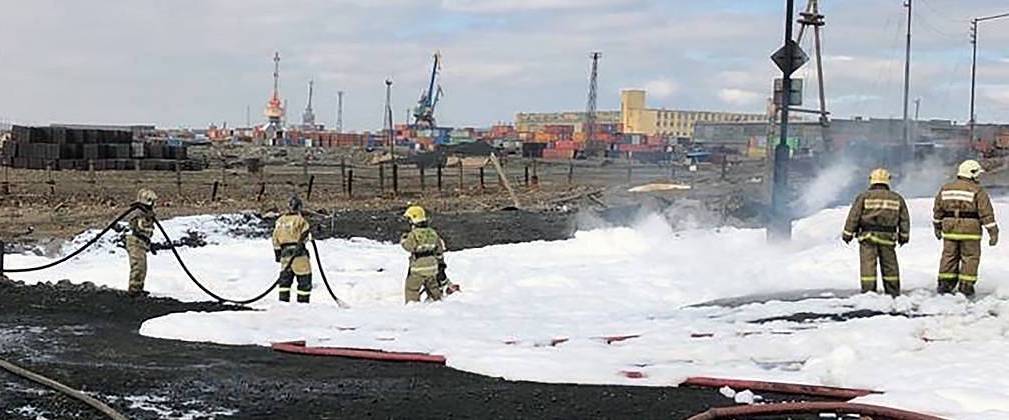
Russia: state of emergency after Arctic oil spill
Russian President Vladimir Putin declared a state of emergency after 20,000 tons of diesel oil leaked into a river within the Arctic Circle. The spill went unreported for two days, which may have caused irreparable damage to the ecologically fragile region. The spill was caused by rupture of a fuel tank at a power plant run by Nornickel, the world’s leading nickel and palladium producer. The Russian government has launched a criminal case over the pollution and alleged negligence. The spill has caused large portions of the Ambarnaya River to turn a dark crimson, and is believed to be the second-largest in Russian history. An area of at least 350 square kilometers has been contaminated. (Photo: Russian Civil Defense via TASS)







